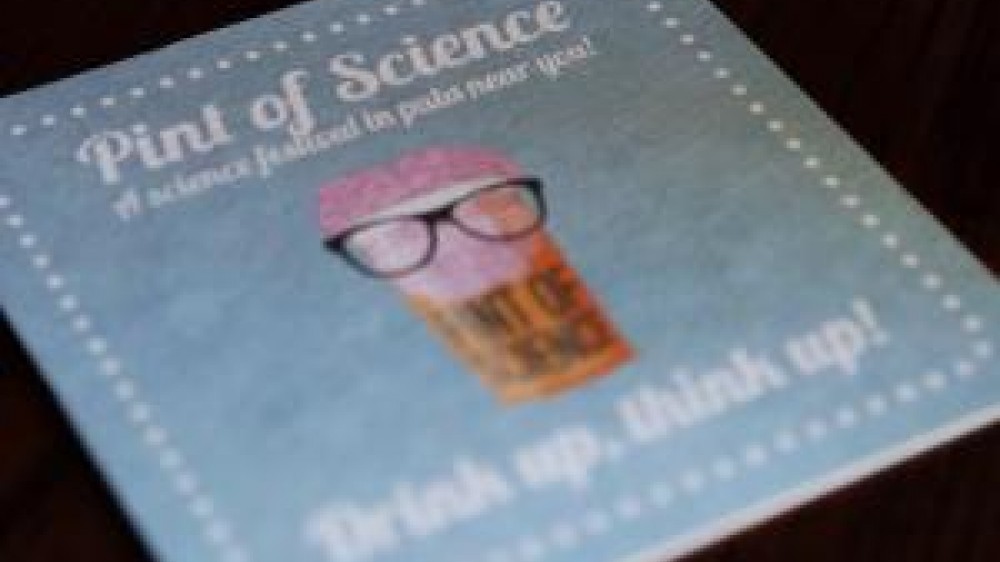Pint of Science

The festival is growing, with both the number of events and the breadth of reach increasing every year. This year it runs from the 19 to 21 May, and will host events in 44 venues in eight cities across the UK.
Internationally, the festival also has events in France, Switzerland, Ireland, Australia and the US. Scientists taking part will give talks and answer questions at the events, which also promise science-based pub quizzes and games.
The NC3Rs has provided sponsorship for three events in London, Oxford and York.
On Monday 19 May, Dr Mark Coles, from the University of York, will give a talk on how his team are investigating the novel development of artificial lymph nodes, which can replicate some aspects of the human immune system in a test tube. This artificial system could reduce, or in some cases even replace, the use of animals models in the search for new treatments for autoimmune and inflammatory diseases.
The following day, Dr Gary Mirams, from the University of Oxford, will be telling pub-goers in Oxford all about his research, which uses mathematical modelling to analyse the side effects of new drugs and highlight those that are likely to cause problems by disrupting heart rhythm. The computer simulations he uses are very fast and cheap in comparison with animal experiments, and can identify risky drugs earlier in the development pipeline.
Dr Caroline Brennan, from Queen Mary University of London, is studying zebrafish in order to identify genetic factors influencing vulnerability to psychiatric diseases or addiction. The development of zebrafish models could significantly reduce the numbers of rodents used in this area of neurobehavioural research. On the evening of 21 May, Dr Brennan will explain to interested Londoners how her findings in zebrafish can be used to inform human studies.
Pint of Science participant and NC3Rs grant holder, Dr Caroline Brennan, from Queen Mary University of London said: "Some people might be intrigued to know that zebrafish are becoming one of the most useful models for studying the developmental genetic mechanisms underlying many psychiatric disorders, such as drug addiction, attention-deficit hyperactivity disorder (ADHD) and some personality disorders. I'm really excited to share my team's research with the public, and the progress we're making using zebrafish to improve our understanding of the genetics of these disorders."
Commenting on the project, Dr Vicky Robinson, Chief Executive of the NC3Rs, said: "The NC3Rs has a commitment to public engagement, and we are actively seeking ways to support our grant holders to engage the public in dialogue on 3Rs research. The Pint of Science events are a great opportunity for our researchers to explain how their work has a real impact, either in finding alternatives to animal research or in improving how animal research is conducted, in a fun and informal way."
Speaking about the festival in general, Dr Michael Motskin, Pint of Science Managing Director, said: "After hearing so many misconceptions about scientists from my friends, I wanted to make it personal for people to meet the great minds who discover life-saving drugs or the next alternative fuel, and share in their passion. With 270 talks to choose from, we know there is guaranteed to be some that inspire and excite you".
Tickets for the events are still available and can be purchased online for £2 + booking fee. More details on the events, as well as information on how to get hold of the tickets, can be found on the Pint of Science website.
